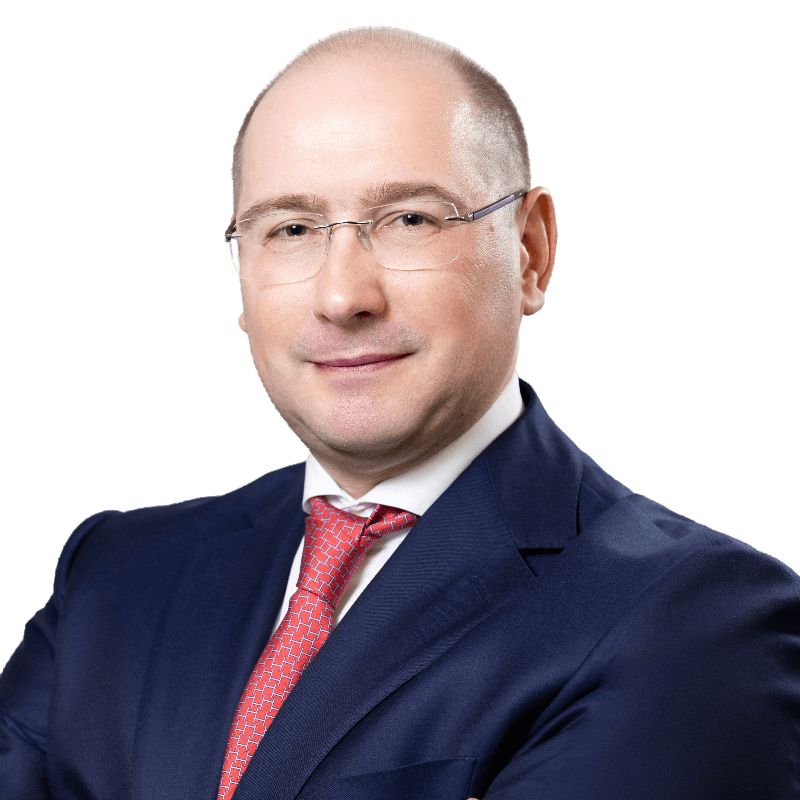On 1 July 2025, the President of the Russian Federation issued Decree No. 436 “On Additional Guarantees of the Rights of Foreign Investors” (the “Decree”). The Decree was adopted to establish special conditions under which foreign investors may invest in the Russian economy under new, more liberal terms than established under the current Russia’s counter-sanctions regime. It is important to note that:
the provisions of the Decree define a “foreign investor” as persons from “friendly” and “unfriendly" countries; and
this regime applies only to foreign investments made after 1 July 2025.
The Decree explicitly provides that, subject to compliance with the prescribed conditions, foreign investors may make investments on the territory of the Russian Federation “without regard to” previously enacted restrictions — namely, without the application of prohibitions and requirements introduced during 2022–2023 in relation to foreign investors (i.e. the Russian counter-sanctions).
Under the current regime, foreign investors are required to open special type “S” accounts, into which income from securities and proceeds from asset sales belonging to them are credited. A foreign investor, after transferring funds to a type “S” account, could no longer withdraw them from the territory of the Russian Federation as the use of funds held in type “S” accounts is strictly limited and is effectively blocked. Although this measure was intended to prevent capital outflow, it significantly reduced the attractiveness of the Russian market for foreign investors.
The Decree introduces a possibility of making investments for foreign investors through a new type of a bank and securities account — a special type “In” account. Such account is intended for crediting funds (in both foreign currency and Russian roubles) and securities acquired by foreign investors after 1 July 2025. After this date, for transactions expressly referred to by the Decree, foreign investors are not obliged to open special type “S” accounts, the funds in which may be blocked from being transferred to a foreign jurisdiction. The funds credited on a special type “In” account may be freely withdrawn and the special counter-sanctions regime has been lifted for such accounts type.
The guarantees established by the Decree will generally apply to the following operations (transactions):
the acquisition and sale by a professional participant in the securities market (i.e. a Russian broker, dealer, etc) acting in the interests of a foreign investor of Russian securities;
alienation of Russian securities at organized auctions on the basis of applications addressed to an unlimited number of bidders acting in the interests of a foreign investor
the fulfillment of obligations to transfer payments on Russian securities; and
the placement of funds by foreign investors on deposits in Russian credit institutions.
Nevertheless, despite the advantages of the new Decree, it also imposes certain limitations. These include restrictions on cash withdrawals and transfers between special type “In” accounts and other types of accounts — i.e., transactions are permitted only within the scope of special type “In” accounts (including between different special type “In” accounts held by the same foreign investor). Moreover, as mentioned above, the range of permitted (operations) transactions is limited, only to those that are expressly stated by the Decree.
The Central Bank of the Russian Federation plays a critical role in the application of the Decree. This means that the regulator will provide guidelines and directives detailing procedures for opening special type “In” accounts and other relevant matters.
Legally, the Decree does not override foreign sanctions regimes, and foreign investors will still face the risk of primary or secondary sanctions. Many “unfriendly” countries have imposed their own restrictions on investing in the Russian Federation, and both the United States of America and the United Kingdom have implemented a complete ban on new investments in Russia. Even investors from neutral or “friendly” countries may face indirect pressure. For example, international banks involved in payment processing may fear exposure to EU/US sanctions, which may result in refusals for foreign investors to execute transactions related to Russian assets.
In conclusion, the Decree’s enactment is one of several steps toward liberalising the investment climate for foreign investors. Foreign sanctions and global compliance risks however remain significant deterrents. Therefore, foreign investors must carefully assess the legal risks of their actions under both Russian law and the laws of their home jurisdictions.
*This material has been prepared for informational and/or educational purposes only and does not constitute legal advice. For the purposes of applying the information contained herein, we advise you to contact LEVEL Legal Services to analyze your specific situation in order to avoid making incorrect decisions.
